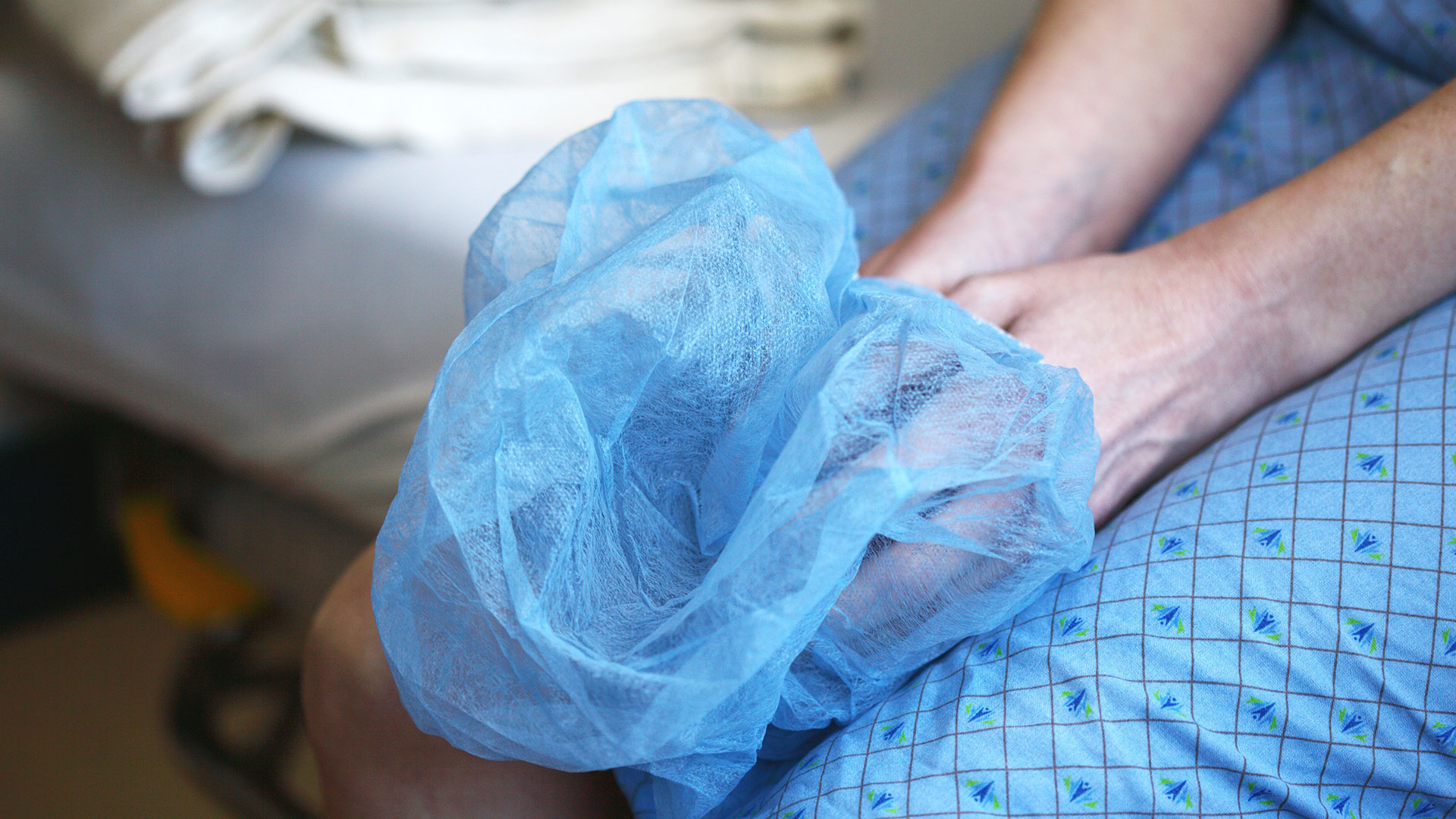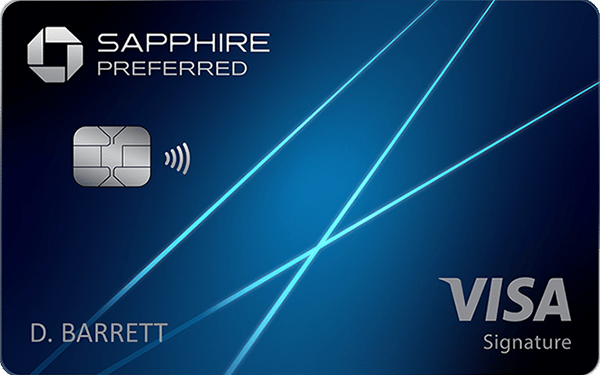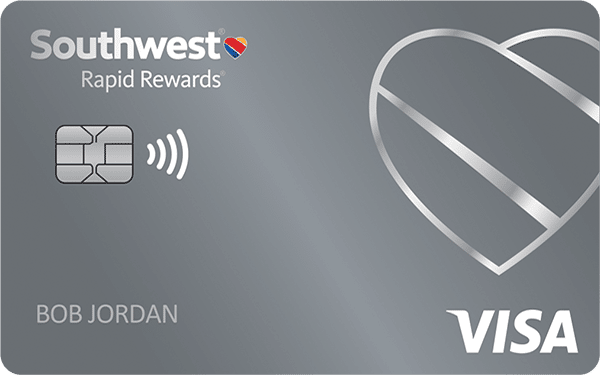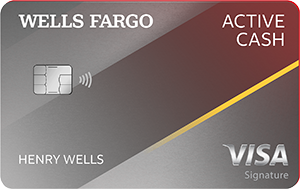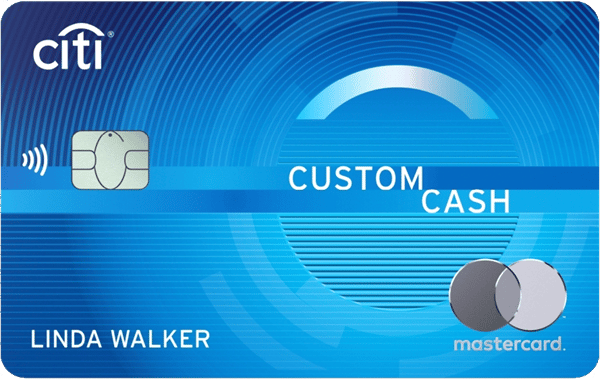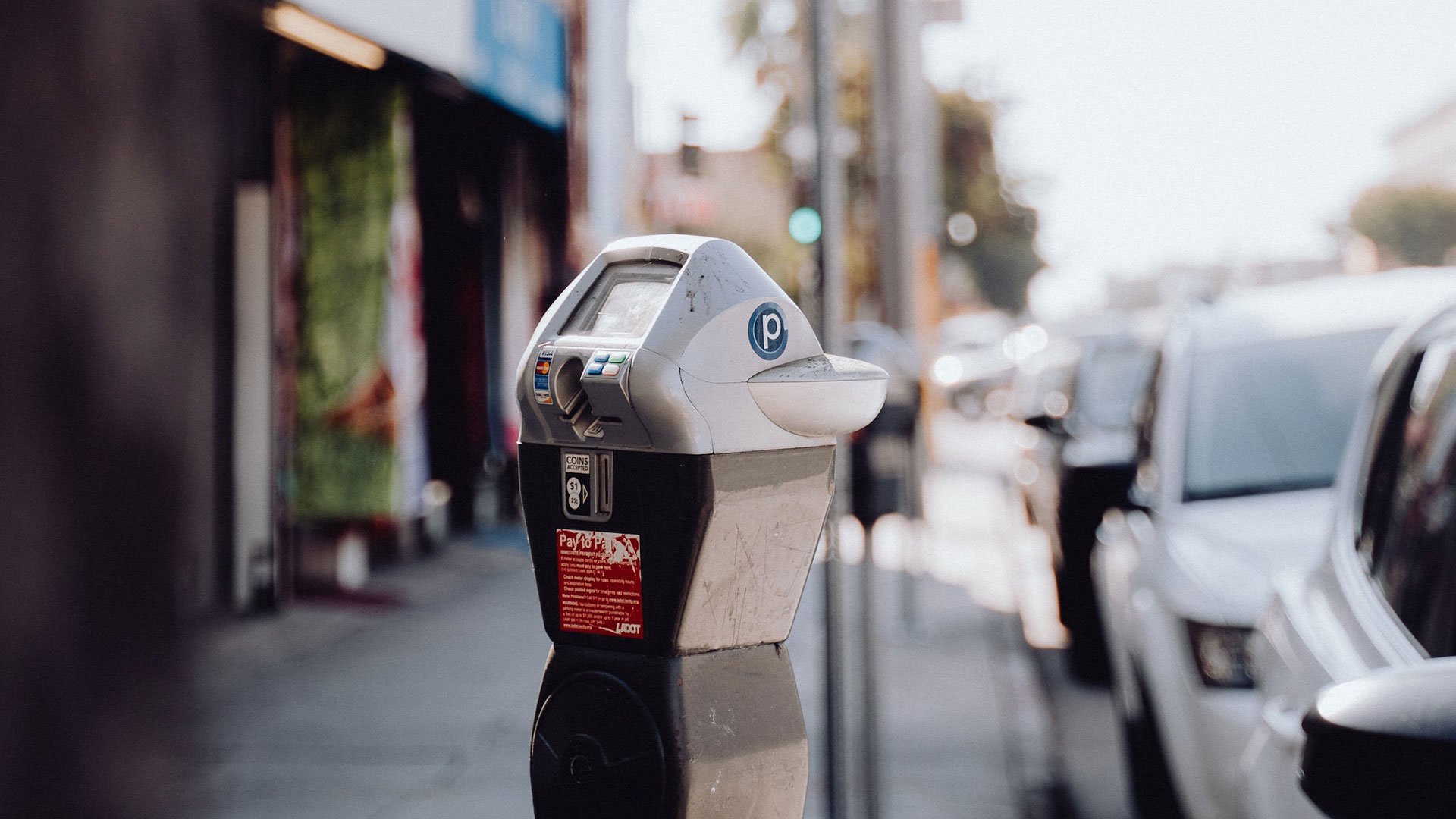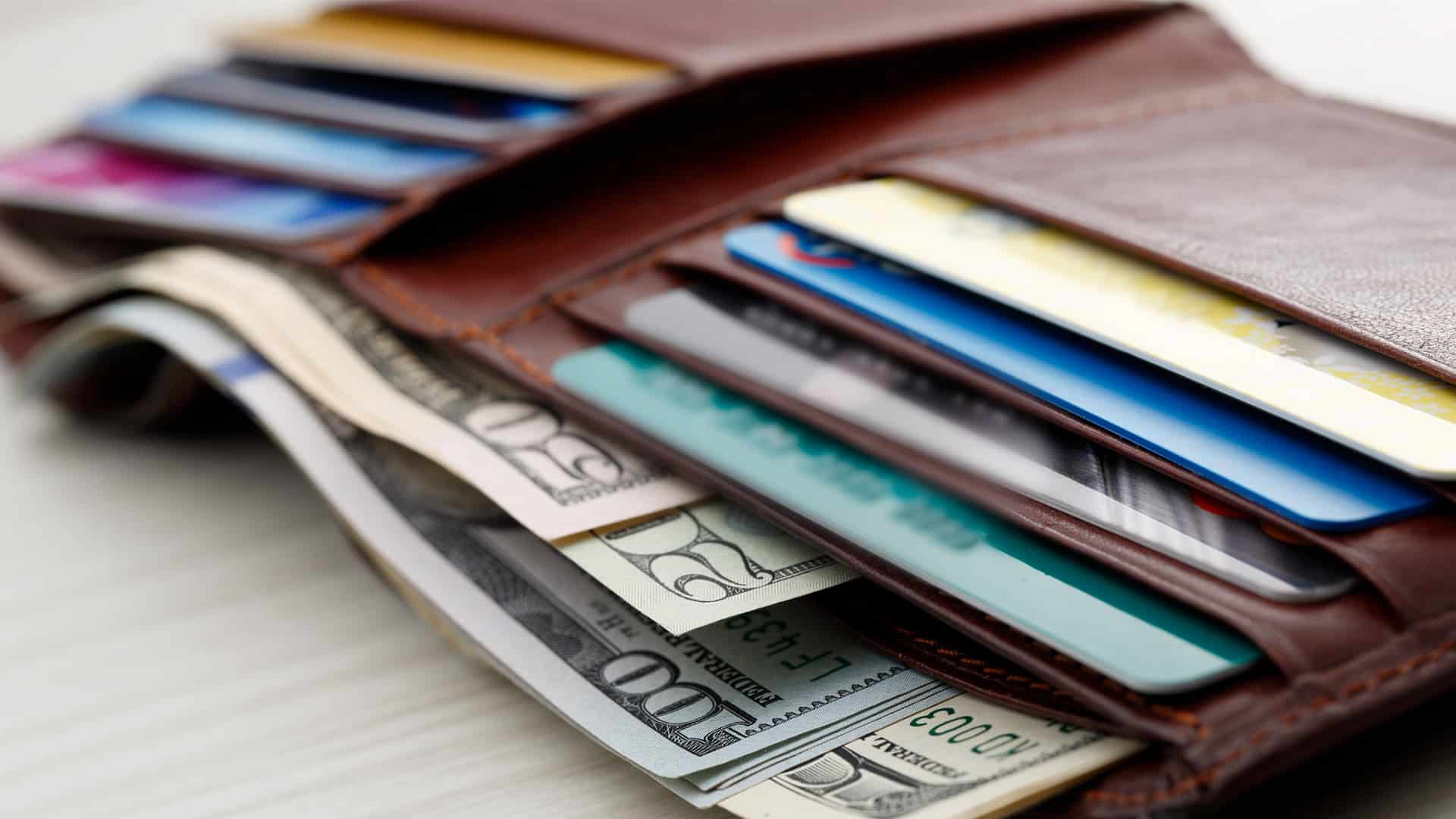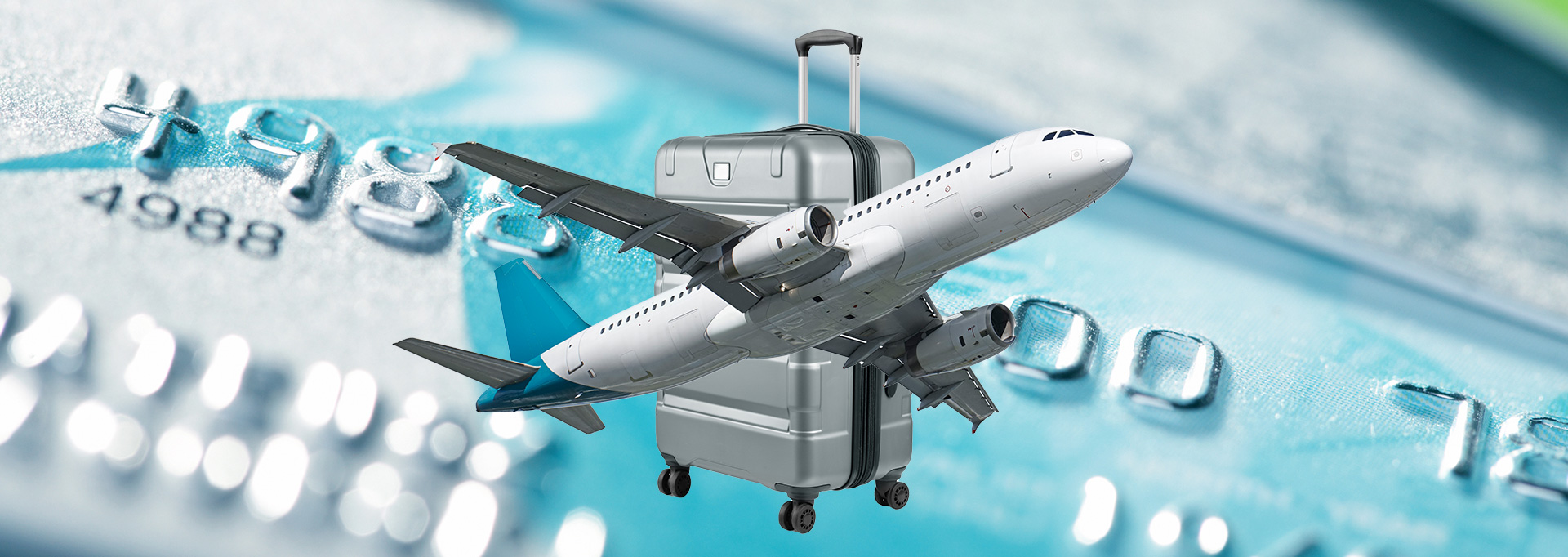Most products on this page are from partners who may compensate us. This may influence which products we write about and where and how they appear on the page. However, opinions expressed here are the author's alone, not those of any bank, credit card issuer, airline or hotel chain.
Medical bills are one of my least favorite financial obligations. Don't get me wrong—I'm very grateful for the doctors, nurses and medical facilities that help take care of me and my family. But there's something about unexpected medical expenses that stresses out the planner in me (not to mention my budget).
On the bright side, I found a way to make medical bills a little more affordable. I pay them with a credit card and earn rewards I can use to travel for free. I can often even break down big medical expenses into smaller payments that fit into my budget easier. Here's my strategy for paying medical bills, and getting a little something in return.
Health Insurance Costs I Pay With My Credit Card
My family and I use a health care sharing plan to help cover our medical expenses. The plan has some unique aspects that might not apply to you, but it has several features in common with traditional medical insurance. Here are some of the costs we're on the hook for:
- Monthly premium: A premium is a fixed bill we pay each month to keep our healthcare coverage in place.
- Annual deductible: This is the amount we pay for covered health services before our medical plan kicks in to cover expenses.
- Copays: We also pay copays when we visit our family doctor, specialists, urgent care facilities or an emergency room.
And my secret? I cover all of these with my credit card.
Recommended Credit Cards
| Credit Card | Rewards Rate | Annual Fee | Bonus Offer | Learn More |
|---|---|---|---|---|
|
|
1x- 5xPoints
Enjoy benefits such as 5x on travel purchased through Chase Travel℠, 3x on dining, select streaming services and online groceries, 2x on all other travel purchases, 1x on all other purchases, $50 Annual Chase Travel Hotel Credit, plus more. |
$95 |
60,000Chase Ultimate Rewards Points
Earn 60,000 bonus points after you spend $4,000 on purchases in the first 3 months from account opening. That's $750 when you redeem through Chase Travel℠. Dollar Equivalent: $1,380 (60,000 Chase Ultimate Rewards Points * 0.023 base) |
Apply Now |
|
|
1x - 2xPoints
Earn 2X points on Southwest® purchases. Earn 2X points on Rapid Rewards® hotel and car rental partners. Earn 2X points on local transit and commuting, including rideshare. Earn 2X points on internet, cable, and phone services; select streaming. Earn 1X points on all other purchases. |
$69 |
50,000Southwest Rapid Rewards Points
Earn 50,000 bonus points after spending $1,000 on purchases in the first 3 months from account opening. Dollar Equivalent: $700 (50,000 Southwest Rapid Rewards Points * 0.014 base) |
Apply Now |
|
|
2%Cashback
Earn unlimited 2% cash rewards on purchases. |
$0 |
$200Cash Bonus
Earn a $200 cash rewards bonus after spending $500 in purchases in the first 3 months. |
Apply Now Rates & Fees |
|
|
1% - 5%Cashback
Earn 5% cash back on purchases in your top eligible spend category each billing cycle, up to the first $500 spent, 1% cash back thereafter. Also, earn unlimited 1% cash back on all other purchases. Special Travel Offer: Earn an additional 4% cash back on hotels, car rentals, and attractions booked on Citi Travel℠ portal through 6/30/2025. |
$0 |
$200Cash Bonus
Earn $200 in cash back after you spend $1500 on purchases in the first 6 months of account opening. This bonus offer will be fulfilled as 20,000 ThankYou® points, which can be redeemed for $200 cash back. |
Apply Now Rates & Fees |
How I Handle Large Medical Bills
Under my family's plan, we pay a $3,000 annual deductible, which resets each November. So, starting November 1, we're responsible for the first $3,000 in medical expenses we incur for that 12 months.
In the spring of 2020, my husband and I got a happy surprise. I was pregnant with our third child. Unfortunately, my doctor deemed my pregnancy to be high risk, so I was in store for a lot of extra medical appointments (and the bills that came with them).
Our sweet baby boy was due in November of 2020. The timing meant our deductible would reset before he was born. We knew we would incur at least $6,000 in medical expenses in 2020. (Talk about bad financial timing!)
My husband and I have a general savings account for unexpected expenses—including medical costs. But we didn't want to wipe out $6,000 our savings, especially in the middle of a pandemic and our maternity leave, which were both going to have a big impact on our income.
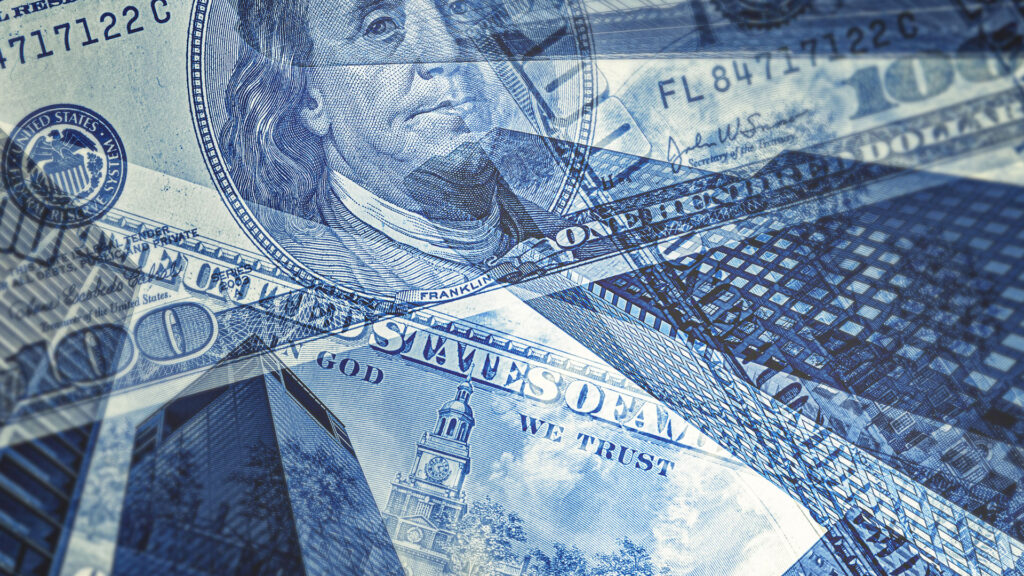 Related Article
Related Article
Best High-Yield Savings Accounts (July 2024)
I approached my medical providers to see what options were available:
- I asked each provider if they were willing to accept payments toward the balance I owed them.
- Five of the six I asked set up an interest-free payment plan with me.
- I scheduled the monthly payments as recurring drafts using a credit card that earns 2% unlimited cash back.
- As for the medical provider who wouldn't let me set up payments, I asked for a discount if I paid in full that day. The office knocked 10% off my bill (saving me around $120). I paid the remaining $1,080 with my credit card (then paid the bill in full from my savings).
- Most importantly, I pay my statement balance off in full each month to avoid interest and help maintain my excellent credit rating.
Why I Pay Medical Bills With a Credit Card
The approach above helped me to accomplish several things:
- Stretched my savings: I was able to make my funds go a little further during the global pandemic when it was important to hang onto as much cash as possible (especially with a new baby and reduced income from maternity leave).
- Paid no interest: I avoided interest by paying my credit card statement balance in full every month.
- Earned rewards: Best of all, I earned a nice amount of cash back on the large sums I charged (which really added up) thanks to paying with my card.
Quick Tip
I make a point to pay everything I can with a credit card. (Once, I used my credit card to buy a car.) Paying with my rewards card gives me extra points, miles or cash back I’d miss out on if I paid with a debit card.
However, I only use a credit card for medical bills and other expenses when I know I have the money in the bank to pay for those purchases when my statement arrives. Otherwise, the rewards I earned would quickly be offset by expensive credit card interest fees.
Maximize Your Rewards
If you plan to pay for a large medical bill all at once, instead of setting up interest-free payments like I did, you can take my strategy one step further to maximize your rewards earning potential. When you know you have a large upcoming expense (medical or otherwise), you could open a new credit card with an attractive sign-up bonus offer.
That way, you have the potential to score a lucrative bonus, earn rewards on your big bill, and—as long as you pay what's due in full—come away with no interest charges and maybe even a boost to your credit score.
See Which Credit Cards Offer BonusesBest Credit Card Bonuses
Visit the Marketplace




